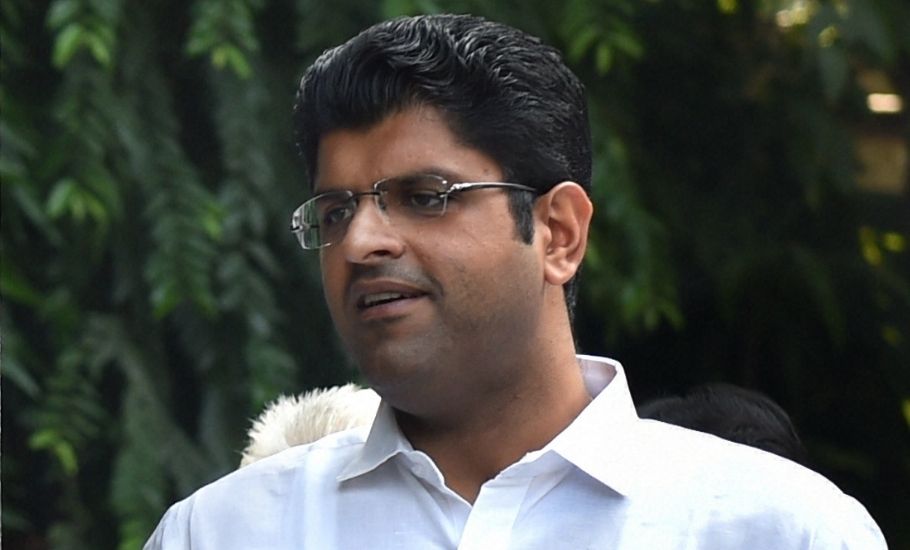
Haryana withdraws ordinance providing 75% quota in private sector jobs
In a move seen as a setback to Haryana Deputy Chief Minister Dushyant Chautala, the state cabinet headed by Chief Minister Manohar Lal Khattar on Friday (October 16) withdrew an ordinance it had cleared two months ago to provide 75 per cent reservation in private sector jobs.

In a move seen as a setback to Haryana Deputy Chief Minister Dushyant Chautala, the state cabinet headed by Chief Minister Manohar Lal Khattar on Friday (October 16) withdrew an ordinance it had cleared two months ago to provide 75 per cent reservation in private sector jobs.
Dushyant’s JJP had made a poll promise to implement the quota.
The Governor did not promulgate the ordinance, reserving it for the President’s consideration. The proposed legislation was sent to the Union Home Ministry for scrutiny before the President took a call.
The BJP-JJP regime intends to bring a replica bill in the Assembly after withdrawing the ordinance. A replica bill passed by the assembly will also have to be reserved for the consideration of the President, officials said.
Related news: Haryana eyes law for 75% job quota for locals, upsets industry owners
Deputy Chief Minister and JJP leader Dushyant Chautala, who piloted the private quota move, had earlier written to the Governor, seeking the withdrawal of the ordinance. However, officials said the cabinet will first have to sanction the move to withdraw the ordinance.
“The ordinance has not been promulgated. Since it has been sent to the Centre for the President’s consideration, it is still under progress. So, unless it’s withdrawn by the Governor by writing to the Central government, a replica bill cannot be tabled in the assembly. The move to withdraw it can only be approved by the cabinet,” a senior official said.
Former advocate general Ashok Aggarwal said it is the government’s prerogative to introduce an identical bill in the legislature. However, the decision not to do so when an ordinance is reserved for the President’s consideration is a step in consonance with the highest traditions of constitutional propriety.
“Once the Governor has expressed an opinion for seeking presidential assent, it is appropriate not to hurry up or make an overreach by presenting a bill in the Assembly. Let the higher constitutional functionary take a view,” Aggarwal said.
The law expert said the Supreme Court had held that an ordinance is also identical to a law passed by the legislature.
Related news: Farm bills: BJP’s Haryana ally Dushyant Chautala under pressure to quit
Article 201 of the Constitution says that the President can either declare that he assents to the proposed law or that he withholds the assent. The President can also direct the governor to return it to the House for reconsideration.
The ordinance was reserved for the President’s consideration as its Section 23 gave it an overriding effect over other laws and it had the potential to be repugnant to an Act of Parliament.
The clause providing for preference in jobs to the local candidates domiciled in Haryana also was seemingly in contravention of Article 14 of the Constitution pertaining to equality before the law and Article 19 (1)(g) that provides for protection of certain rights to practice any profession, or to carry on any occupation, trade or business.
The Constitution does not provide a time limit for the President to assent to a bill or withhold it.

